The Price Of “Free-To-Play” - How MMORPGs Monetize Without Charging A Cent
They rely on a mix of creative/controversial systems to keep their worlds alive...
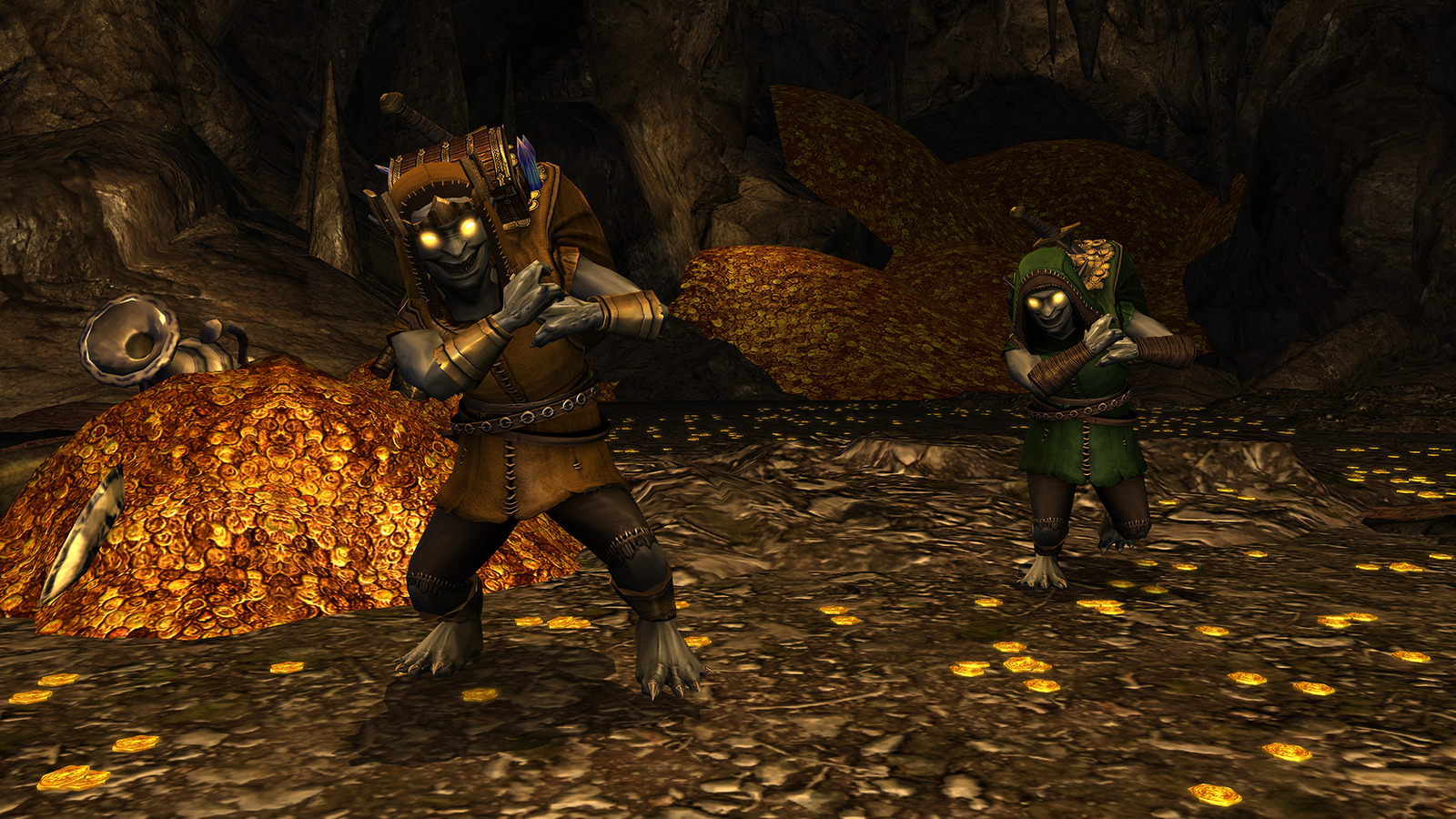
When it comes to free-to-play MMORPGs, we get to dive into these massive worlds and go on endless adventures at no cost. However, there needs to be some form of monetization to keep the lights on. Some come off as harmless, while others can feel manipulative. Let us take a look at the different kinds of systems, along with examples.
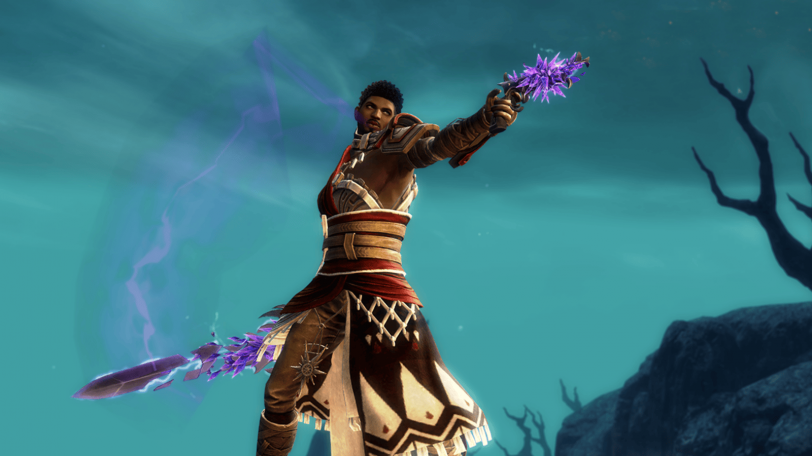
Cosmetics
The most common (and often most accepted) form of monetization is cosmetics. These do not affect gameplay balance but allow players to customize how their characters look. Guild Wars 2 offers outfits, dyes, gliders, and mounts for purchase through Gems (the premium currency). You are not more powerful with these items whatsoever. Your fashion could be on another level, though. That is the tradeoff.
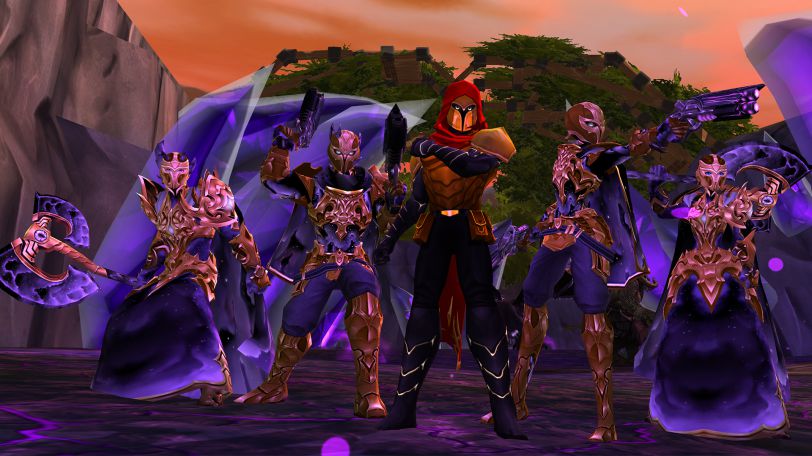
Convenience and Quality-of-Life Purchases
Another common form of monetization is convenience. We are talking about things like extra inventory slots and teleport scrolls. One saves you time by reducing the need to run back to town to vendor and store items, while the other saves you time traveling to your next destination. These features can blur into pay-to-win territory if not balanced carefully, such as with experience boosts. AdventureQuest 3D sells all three of these things. These perks appeal to players who are short on time, yet they tend to create tension within the community between those who grind and those who spend.

Battle Passes and Seasonal Tracks
Free-to-play MMORPGs have adopted the battle pass model popularized by games like Fortnite. Throne and Liberty contains seasonal progression systems that reward players for completing daily or weekly objectives, offering cosmetic items, boosts, or premium currency along the way. There is a paid version that grants even more rewards. While these battle passes can motivate consistent play, they also introduce a fear of missing out. Players who cannot log in regularly might feel punished for their schedule.
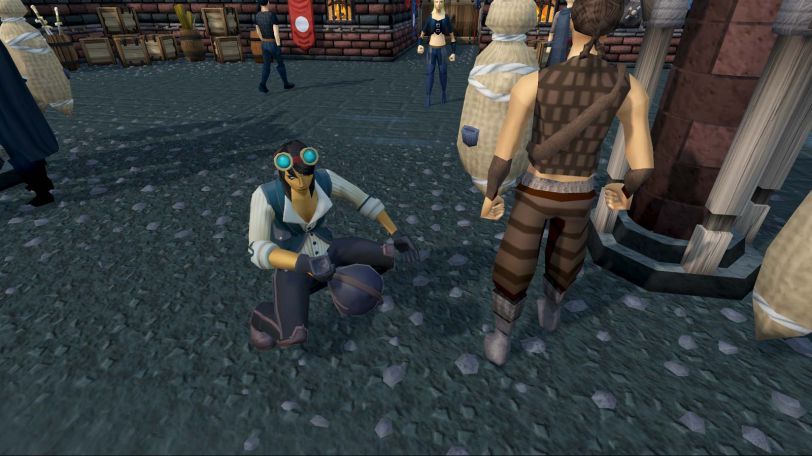
Subscription Hybrids
Some games straddle the line between free-to-play and subscription. RuneScape gates lots of content behind a paid membership. This hybrid model keeps the door open to newcomers while ensuring long-term players contribute financially. The subscription feels less like a paywall and more like a commitment to an evolving world.

Loot Boxes and Randomized Rewards
Perhaps the most controversial form of monetization is the loot box. Star Wars: The Old Republic used them extensively back in the day, allowing players to purchase Cartel Packs that contained random cosmetics or rare mounts. The issue with loot boxes lies in their resemblance to gambling — players spend real money without knowing what they will receive. Several regions, including parts of Europe, have imposed regulations requiring developers to disclose drop rates or rework these systems entirely. As a result, many MMOs now prefer direct cosmetic purchases or battle passes.
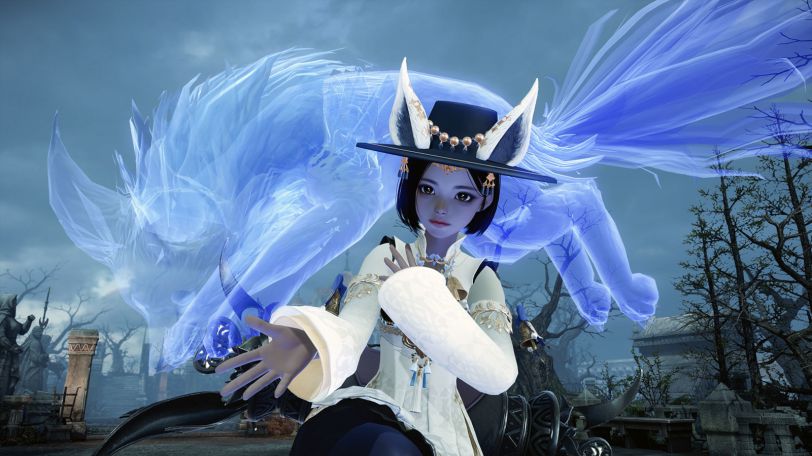
Premium Currencies and Exchange Systems
Free-to-play games almost always use at least one form of premium currency. These currencies create a buffer between real money and in-game value, psychologically softening the impact of spending. Lost Ark takes this further with currency exchange systems that allow players to trade real-money currency for in-game gold. On paper, this gives everyone access to paid items without spending cash. In practice, it also fuels inflation and can distort in-game economies. Balancing these markets becomes a constant challenge for developers, especially when real-world cash indirectly controls progression speed.
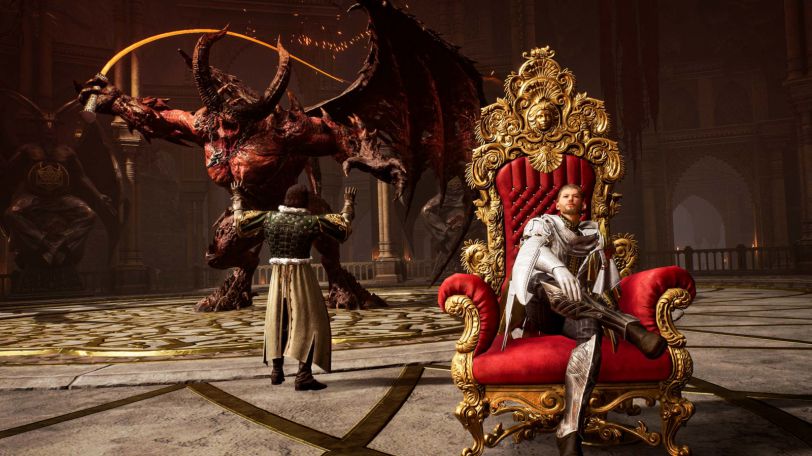
Conclusion
Whether you like it or not, monetization will always exist in free-to-play MMORPGs. It must. That is the only way for them to live on. Sometimes money is made only through cosmetics, or at least pay-for-convenience systems. Other times, the cash flows due to aggressive pay-to-win methods. Free-to-play does not need to exploit its players to thrive. As the genre continues evolving, developers must balance revenue with respect for their audience. Spending should enhance the experience, not define it. When handled fairly, monetization can help virtual worlds stay alive for years without breaking the spirit of “free to play.”
Related Articles
About the Author

Matthew “dinofries” D'Onofrio is a writer, content creator, podcaster and — most importantly — a gamer. With such a strong passion for video games and a severe case of FOMO, it's no surprise he always has his finger on the pulse of the gaming world. On the rare occasion Matt's away from a screen, you'll find him strumming away on his acoustic guitar or taking care of his cat Totoro.
More Stories by Matthew D'OnofrioRead Next

Or will it put you off the game?
You May Enjoy

The year-long story begins now.

Feature
After Penacony and Amphoreus, Honkai: Star Rail’s Latest Stop Is A Nice Break From The Trauma
Although, I can’t guarantee it’ll stay that way.

I don’t think he brought back the horses.

The game will be playable as part of Steam Next Fest as well.
People who complain how a game is P2W are overreacting, because they're used to playing Subscription MMOs and when they see something F2P, they expect it to be the same, only with a cash shop. I've always played either F2P Asian MMOs or WoW private servers and either is OK. If people have so much complaints about F2P Cash Shop, they should just stick to B2P or Subscription games and not complain, this is how the F2P games are and if we exclude the pretentious Western players who are only negative and complaining all the time, the rest of the world is fine with how things are, they get by and find ways to enjoy the games. Also, Asian players are used to F2P with P2W so they pay for the extra benefits and this is fine, it's the Western players who can't grasp the concept and for the past 20 years they are still unable to wrap their heads around it - you still pay, just in different ways, if you don't want to pay in F2P games, you either grind or learn that you won't be able to achieve everything in the game.
It's very simple, this way I was able to experience and enjoy dozens upon dozens of F2P games and I never felt like I was disadvantaged - I just played them like a tourist - questing, leveling up, exploring new zones, exploring my character's abilities as it grows stronger and just enjoying the experience. By the time I got bored, it was when quests turned into grinds for killing 50 mobs and my HP and MP replenished so slowly that progress completely stagnated, but that was after weeks of playing. But if you like the game, you will find a solution or a way around it, only professional victims and complainers are the first to point out how it's unfair and bad.
I played a lot of LOTRO between 2020 and 2022, bought expansions, bought VIP to unlock benefits, and I don't regret it, now they made content up to level 95 free so what I bought was essentially useless, but I don't mind as the game gave me a lot of enjoyment.
I even prepaid for 3 months of play time on Classic WoW back in 2019, but after less than a month, I realized it's not superior to private servers in any way and I just cancelled my subscription, deleted my account, didn't get my money back, but I don't regret it and went back to private servers, which is a lot more relaxed and friendly environment.